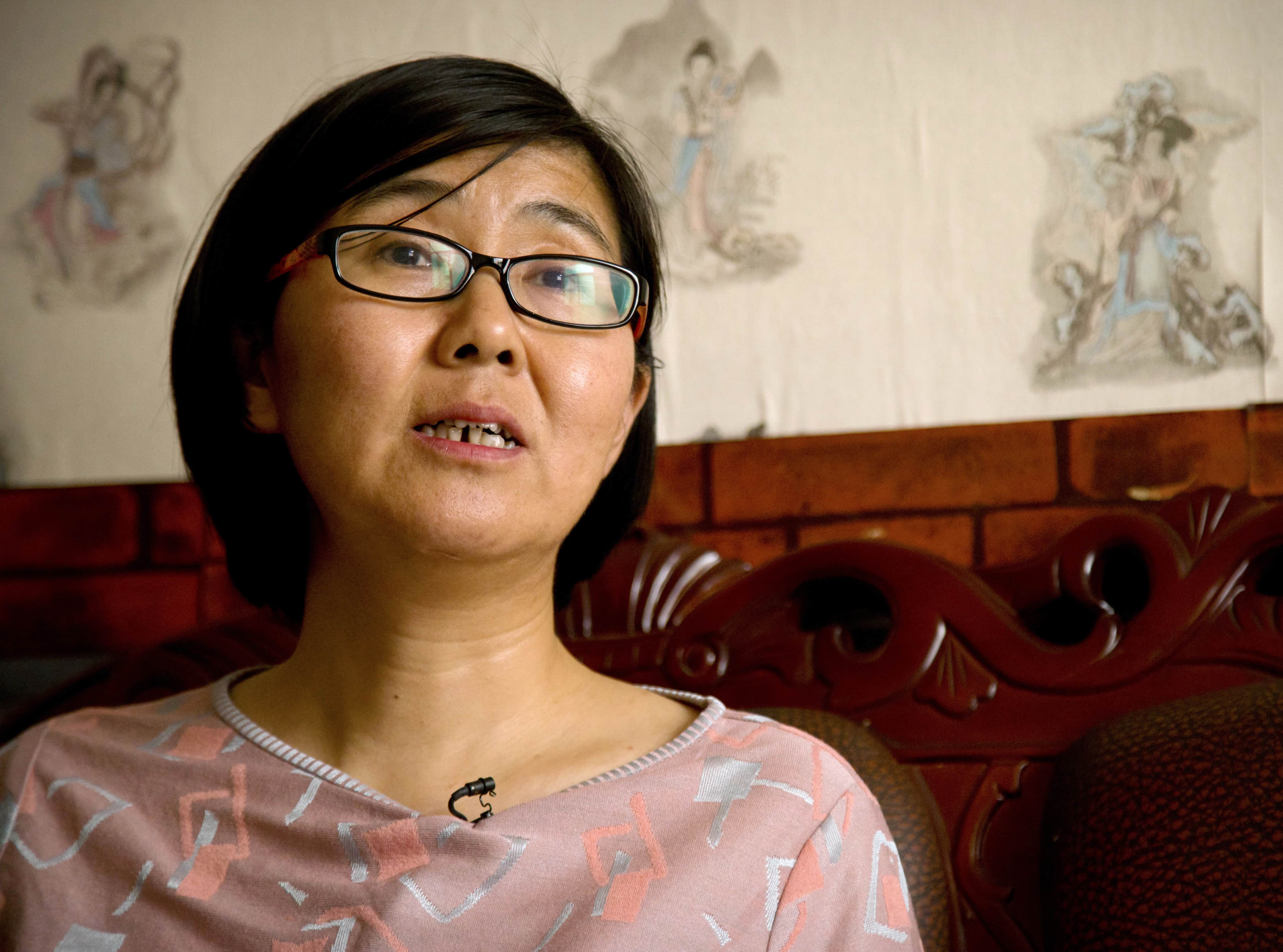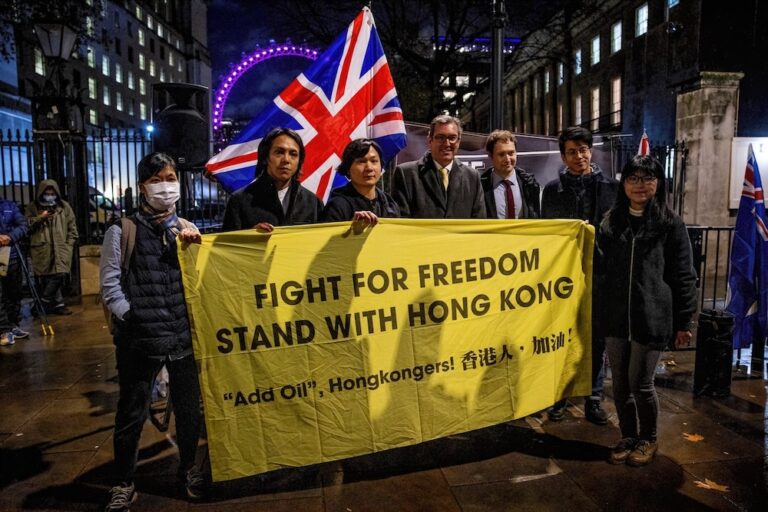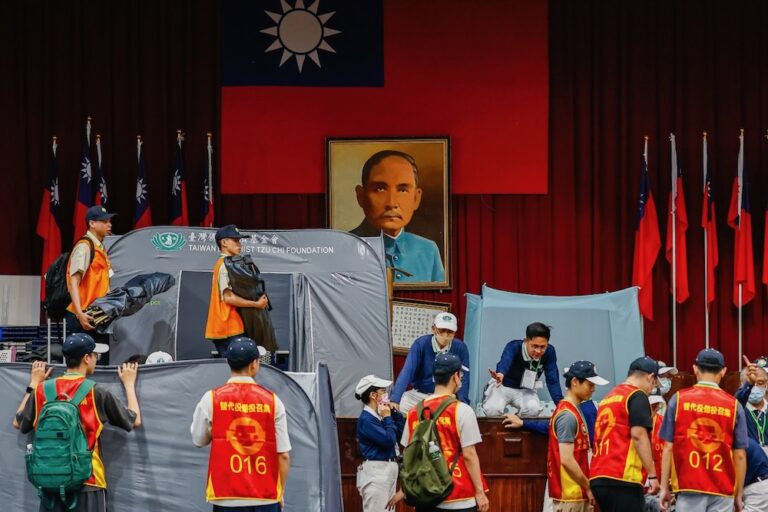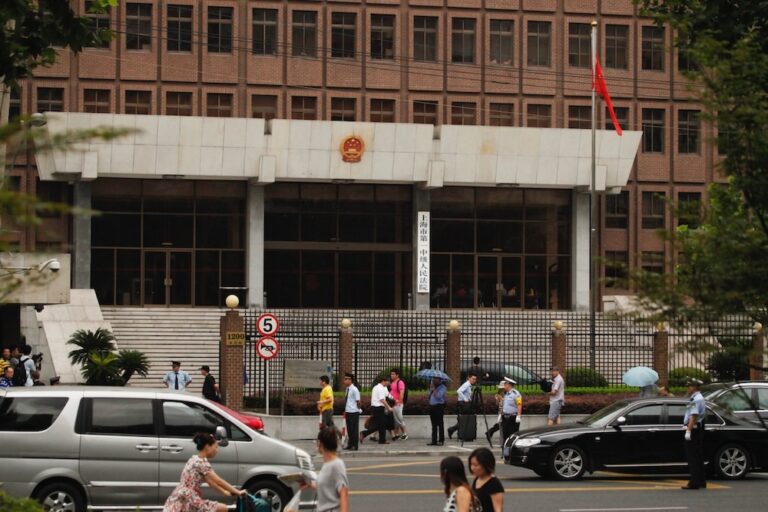IFJ criticises the recent action of the Chinese authorities to attempt to influence the reporting of Hong Kong and Taiwan media at key court cases, and demands the authorities immediately cease this practice.
This statement was originally published on ifj.org on 11 August 2016.
The International Federation of Journalists (IFJ) criticises the recent action of the Chinese authorities to attempt to influence the reporting of Hong Kong and Taiwan media at key court cases. The IFJ demands the authorities immediately cease this practice.
On August 1, 2016, two Hong Kong-based media, the Oriental Daily and Phoenix Television, were granted an exclusive opportunity to broadcast the televised confession of Wang Yu, a prominent human rights lawyer who was detained in July 2015 on allegations of subverting the state power. However, just one hour after the ‘exclusion’, The Paper, a Shanghai-based online media outlet, reported the same story, along with the ‘exclusive’ video footage.
While on August 2 to 5, five media outlets from Hong Kong and one from Taiwan were invited by Chinese police to attend the hearings of four prominent human rights lawyers and activists at the Intermediate People’s Court in Tianjin, in northeastern China. The outlets that were invited to the hearing included, Oriental Daily, South China Morning Post, Sing Tao Daily, Phoenix Television and Want Daily. It is well-known that the management of these outlets have good working relationships with Mainland China authorities.
During the hearings, Zhai Yanmin, was convicted of subverting the state power and sentenced to three years imprisonment, but had the sentences suspended for four years. Hu Shigen, a leader of an underground church movement, was also found guilty of subversion and was sentenced to seven years and six months imprisonment, as well as [banning] of his political rights for five years. Beijing-based Feng Rui Law Firm director, Zhou Shifeng, was sentenced to seven years for subverting a state power, while Gou Hongguo, an underground church leader, was found guilty of subverting the state power and sentenced to three years but had the sentence suspended.
According to Xinhua, the authorities accused Zhai of “escalating social unrest to allow overseas elements to intervene and launch a ‘colour revolution’.” The prosecutor also said Zhai, Zhou, Hu and Li Heping, a human rights lawyer whose trial is still pending, had discussed how to engage in labour rights movements at a restaurant in February 2015. It was alleged Hu talked about how a growing civil society and participation of foreign elements could transform a country.
The IFJ Asia Pacific office said: “Genuine transparency is needed to ensure the media has free access to court and legal proceedings, which works to strengthen media freedom. However, by only granting access to a limited number of media, the government is working to take control of the media, reporting and the image that is being portrayed. This practice needs to cease immediately, and full access to information must be granted to all media and Chinese people.”



